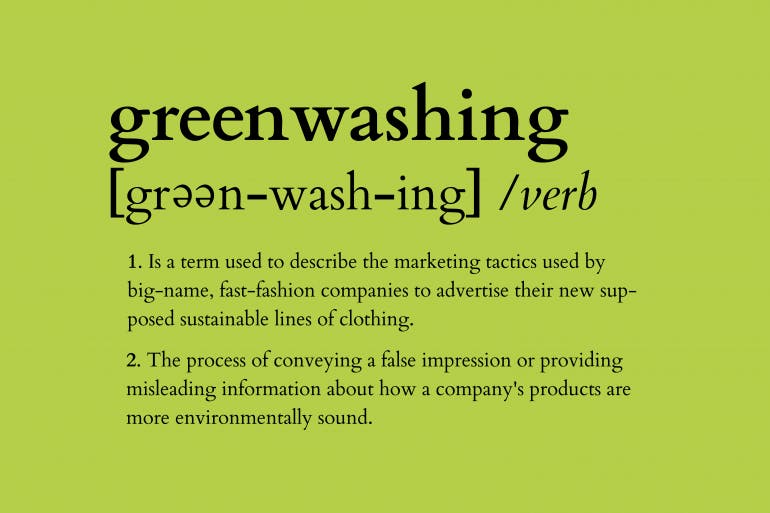Men’s clothing brand ASKET, founded by August Bringéus and Jakob Dworsky, is a clothing brand that creates meaningful essential pieces that form the base of everyone’s wardrobe. ASKET disregards seasonal trends, and instead, focuses on high quality, timeless pieces that will stand the test of time. They offer full transparency, sharing details on the cost, origin and impact of every piece, enabling their customers to make informed decisions prior to any purchase. The Swedish company name ‘ASKET’ that translates to ‘a person who does without extravagance and abundance’, highlights how society should once again view clothing, in order to significantly reduce the negative environmental and social impacts of the modern fashion industry.
Make sure to check our podcast episode with ASKET to hear more about their fantastic work!
Fast fashion
It is undeniable that the fashion industry has changed over the last 50 years, and currently fast fashion is the business model that is leading the race. Fast fashion is defined as “cheap, trendy clothing that samples ideas from the catwalk or celebrity culture and turns them into garments in high street stores at breakneck speed to meet consumer demand”.
Whilst this is great for the average consumer aiming to look fashionable at an affordable price, the environmental and social impacts of the fast fashion industry are devastating. For more in depth information about these effects and how we can mitigate them, read our very own article ‘What is Fast Fashion?’.
Transparency
As accurately stated by ASKET, “the fashion industry is historically opaque - riddled by smoke and mirrors, disabling us as companies and individuals from connecting the dots between our choices, and their impact”. It is this concealment of the truth that contributes to the continued success of the fast fashion industry, as the majority of consumers are blissfully unaware of the damaging effects of their purchasing habits.

Fortunately, however, with sustainability awareness increasing over recent years, more questions have been posed to fast fashion companies regarding what is going on behind the scenes, forcing companies into increasing their transparency.
Transparency is the practise of openly sharing details of the product from field to shelf, including information about how, where and by whom a product was made.
The Fashion Revolution, a fashion activism group, carries out yearly surveys reviewing the transparency of the world’s largest fashion brands and retailers. They rank them according to how much information they share about their social and environmental policies, practices, and impacts. In 2020, The Fashion Revolution reviewed 250 brands. They calculated an average score of 23% transparency, which is a 2% average increase from the survey of 2019 carried out on 200 brands. The brands that came out on top in 2020 are H&M (73%), C&A (70%), Adidas/Reebok (69%), Esprit (64%) and Patagonia/M&S (60%). Whilst this demonstrates that the industry is making improvements, progress is slow, and more transparency is needed by companies and retailers within the industry.
Greenwashing?
Yet with the demand for transparency increasing, there is an unfortunate downside. Given transparency is attractive to the modern-day consumer, are some companies exaggerating their sustainability efforts? Can we trust what they are telling us? This concept is formally referred to as ‘greenwashing’.

There are ways to spot greenwashing however, and linked here is a useful guide to help you!
Further useful links
How to spot and stop greenwashing